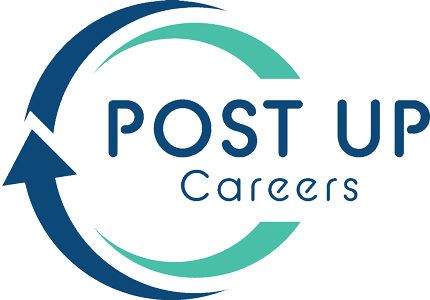If you look online, you’ll find tons of advice for explaining gaps in your employment history. The reason this is so often discussed is that employment gaps can signal that you are unreliable to hiring managers. However, you can employ plenty of good strategies to overcome this obstacle as you establish the game plan for your career.
The most important thing to know is that the strategy that works for you will depend on your personal circumstances.
Short Gaps
The good news is that short gaps (of, say, a few months) may not need to be explained at all. In fact, I recommend against drawing attention to short gaps in your employment history. First, they won’t even show up on your resume if you provide your history by year (as you should be). Second, explaining such gaps may highlight them for a potential employer that may not otherwise notice them.
Longer Gaps
Longer gaps in your history (of a year or more) will likely need to be explained on your resume, especially if they were within the last 7-10 years. Try to minimize the amount of space devoted to this, but ensure that you provide an accurate, concise overview of the reason for the gap. For example, you may have been a stay-at-home parent, caring for an elderly family member, or been seriously injured in an accident. If you’re looking to return to the workforce from a gap, you may want to consider a cover letter that will explain why you can now do so. If you took on a volunteer position or some form of professional development during your absence from the workforce, that would be a great item to highlight, too. You want to emphasize to the hiring manager why now is the right time for you to return. Another option is to utilize a functional resume. These resumes are heavily focused on relevant skills, with less emphasis on your employment history. There are some negatives to this approach, though, so I suggest that you proceed with caution and only use this route with the help of a professional.
Rules to Follow for Everyone
You should always, always be prepared to explain the following as a part of the interview process:
- Why you left a potential employer; and
- Why you had any gap in your employment history (even if it isn’t evident from your resume, you should expect it will come up).
In preparing your answers to the above, be certain to focus on positive answers rather than talking negatively or personally about your former manager or employer. You should keep your answers brief, as oversharing the details of your personal life with a stranger can be off-putting. It would be best if you tried to explain how this gap helped prepare you for your future employment. Be certain that you are honest in your answers. Your employment history is easily verifiable, and many companies will call your former employers to verify your employment history if they are serious about hiring you. Finally, assure the hiring manager or person interviewing you that the prior gap is not something you plan on repeating.
Bottom line: they want to know they can rely on you to be there if they hire you.
We’re here to help with explaining an employment gap on your resume or during the interview process.





